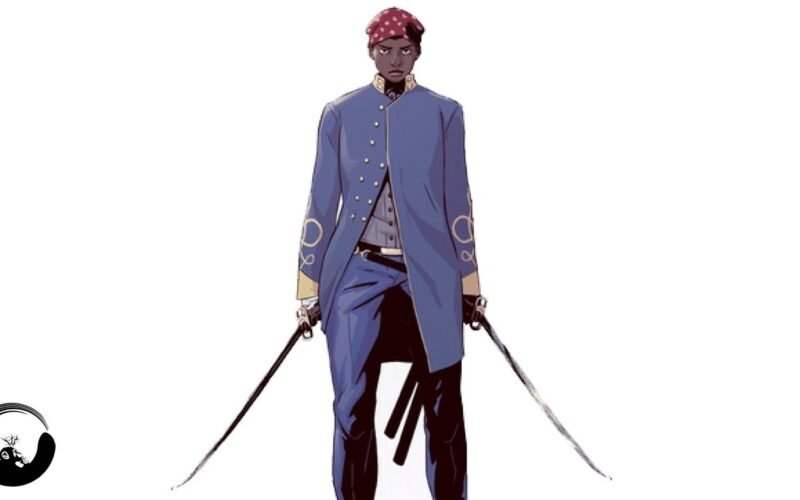Harriet Tubman is best known for being a key developer of the Underground Railroad and more recently for being selected as the new face of the $20 dollar bill. But that’s not all she did. She had many achievements outside of freeing hundreds of slaves. Watch and learn what they were.
Subscribe To My Channel:
https://www.youtube.com/channel/UCoFWz1e3VXKOoJ-E5cep1Eg
Script:
The history of slavery in the United States is not a pretty one. However, as in most struggles across history and the world – there are diamonds to be found in the rough. One such diamond who struggled to fight against the institution of slavery was Harriet Tubman.
Harriet Tubman was born into slavery in Maryland, 1822 – whose original name was Araminta Ross – or for short – Minty Ross. In her early childhood she worked as a caretaker for children – and then eventually moved into field work where she’d haul logs.
Minty’s childhood, even with a loving mother, was not easy. She constantly lived in fear of being torn from her family. Part of this fear came from when in 1808 the Atlantic Slave trade was finally put to an end. However, this put pressure on states like Maryland and other upper southern states to provide slaves for the cotton fields of the deep-south. At this time it is estimated that 10% of slaves were sold away from their families – Minty herself had two sisters that were sold to the southern cotton plantations.
Minty changed her name in 1844 when she met her first husband, a free black man named John Tubman. She took her mother’s first name – Harriet and her husband’s last name – Tubman.
In 1849 when Harriet’s master died she made an impactful decision. Harriet states, “I had reasoned this out in my mind; there was one of two things I had a right to, liberty or death; if I could not have one, I would have the other. “ So Harriet made the decision to run away.
Harriet didn’t succeed in persuading her husband to join her on her 120 mile journey north to Philadelphia – but she made it – mostly traveling on foot, through the night following streams and hiking through the woods.
Over the next 11 years Harriet traveled back and forth from the north to the Eastern Shore board states and Virginia to help other slaves escape to freedom. However in 1850 when the United States Congress passed the Fugitive Slave Act – a law often called the Bloodhound Act – which made it illegal in northern free states to help escaped slaves – Harriet now faced danger in both the northern and southern states. At this point Harriet had to escort slaves all the way to Canada in order to help them find freedom.
Harriet wasn’t alone in her work – in fact she was part of a network of people known as the Underground Railroad. The Underground Railroad was a series of safe houses that extended from slave states to the Canadian border which were owned by people – both black and white – who hated slavery and the Fugitive Slave Act. Estimates of the amount of slaves that escaped by the means of the Underground Railroad range from 30,000 to more than 100,000.
Not only did Harriet help escaped slaves – but during the Civil War she was asked by the governor of Massachusettes to join Union troops that were in South Carolina. While she was there she helped black spies that provided intelligence to Union forces which led to a raid that freed many slaves – Harriet states, “We got 800 people that day, and we tore up the railroad and fired the bridge.”
7 week after that raid Harriet served as a nurse in the Civil War to the first all-black Massachusetts 54th regiment. Harriet explains about her time as a nurse in an interview with her biographer Sarah Bradford, “Well, Missus, I’d go to the hospital, I would every morning…First man I’d come to, I’d trash away the flies, and they’d rise, they would, like bees around a hive. Then I’d begin to bathe the wounds.”
Harriet Tubman devoted her life to the service of others – first to herself when she made the choice to empower herself with liberty and then to others – by developing the Underground Railroad and joining the fight against the Confederacy in a war that would eventually abolish slavery.



